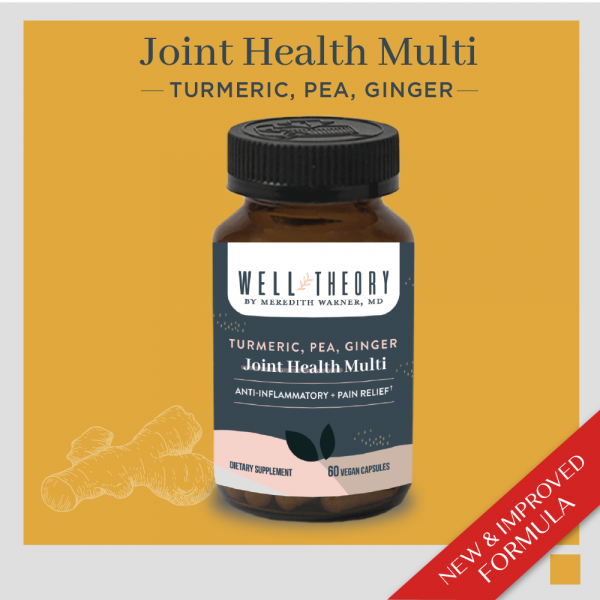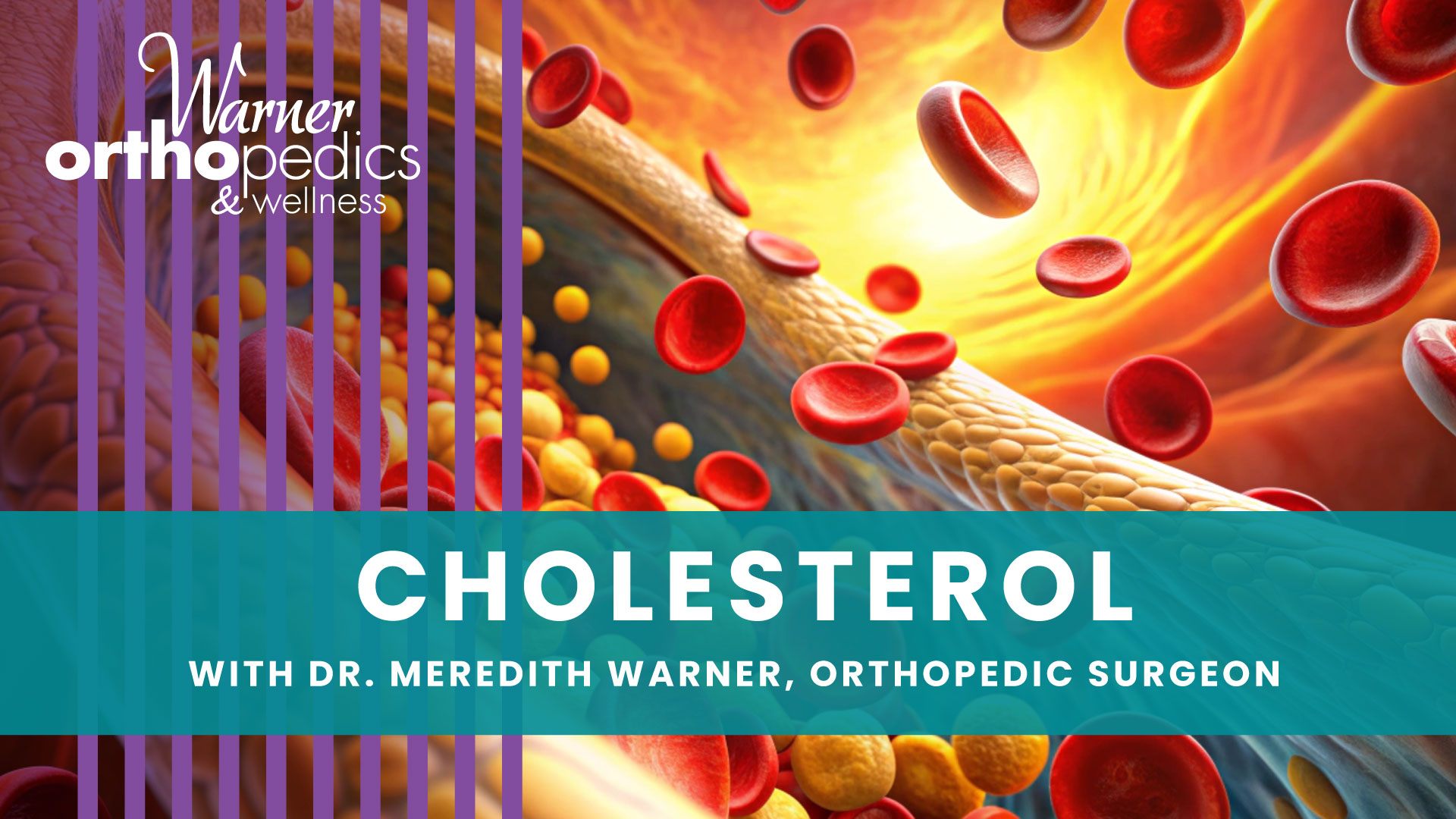Signs and Symptoms of a Meniscus Tear
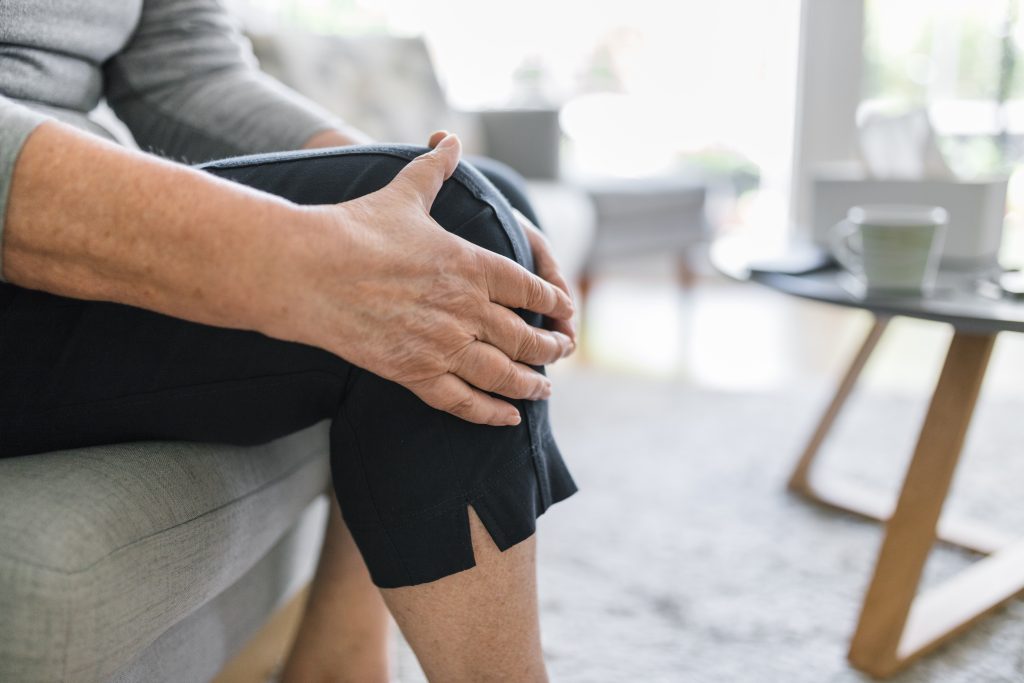
A meniscus tear is a common and painful knee injury that causes a range of signs and symptoms. Athletes are at high risk for this type of injury but meniscus tears can happen to anyone at any age. In fact, this is one of the most common asymptomatic findings of the knee. That means there are millions of people walking around with a meniscus tear, but without pain!
We treat a lot of knee pain at Warner Orthopedics & Wellness and take these conditions seriously and treat them conservatively. We understand the strong likelihood of a false positive on MRI and we treat the patient and not the radiology report.
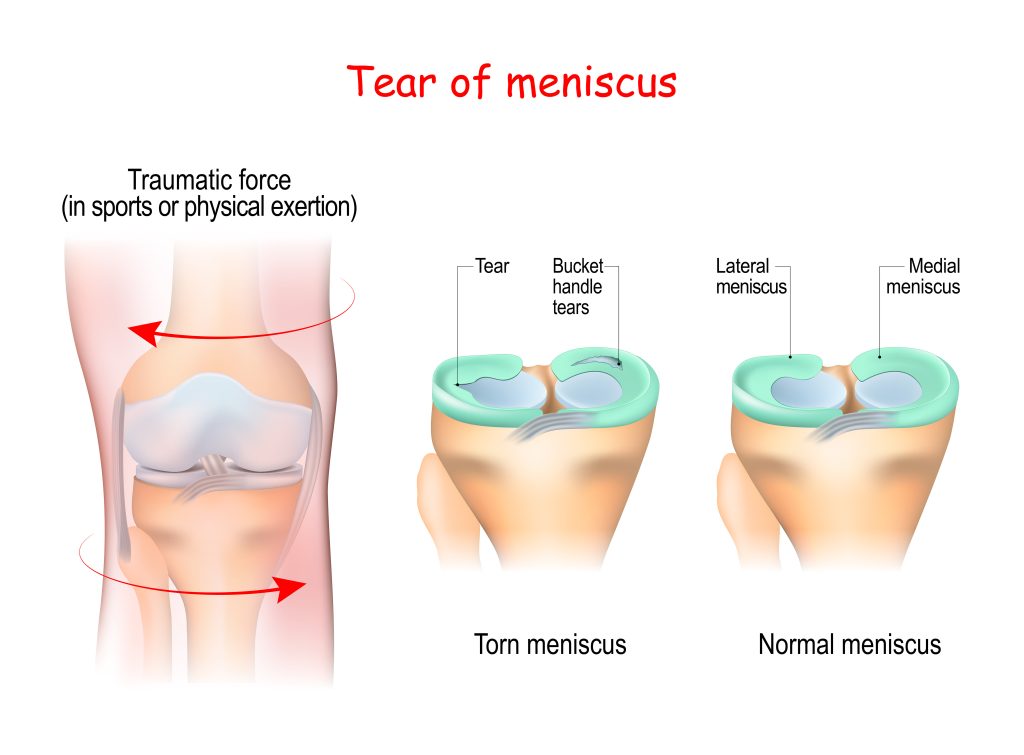
Our bones are protected by flexible hard tissue called cartilage. Knee cartilage is supported by two C-shaped menisci which act as a shock absorber between the bones. This tissue can become damaged due to trauma (from contact sports) or degeneration. Over time, they lose inherent levels of moisture and this makes ‘tears’ more likely to happen.
Symptoms vary depending on the severity and location of the tear. Most meniscus tears can be treated without surgery and respond well to rest, bracing, and physical therapy, along with hyaluronic acid injections and/or PRP if indicated. More severe tears may require surgical intervention, such as arthroscopy, to repair or remove the damaged tissue. Early diagnosis and proper treatment are crucial to restore knee function and minimize long-term complications.
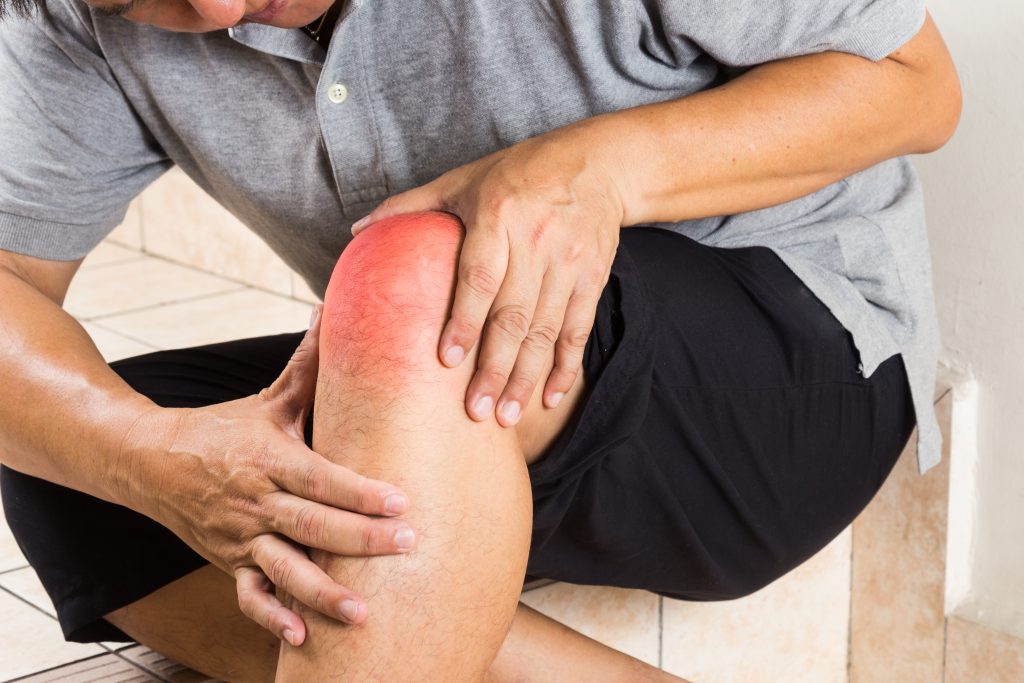
Meniscus Tear Symptoms
Knee Pain:
The most prevalent symptom of a meniscus tear is knee pain which is often accompanied by a popping sensation when the injury occurs. The pain can be severe and is often localized to the injured knee’s joint line. Deep flexion can often bring on this sort of pain.
Swelling:
Swelling may develop within hours of the injury and needs to be monitored closely. If the patient is physically disabled due to massive swelling or if the knee is “catching” or “locking” then surgery may be indicated. This is only determined after a thorough physical exam.
Stiffness:
Limited range of motion and stiffness may make it difficult to fully straighten the knee. Patients may also experience instability or a sense that the knee is “giving way” during activities.
Even though she’s an orthopedic surgeon, Dr. Warner believes in natural treatment and nonsurgical intervention whenever possible. She formulated a line of supplements to support total wellness and aging well. Here are a few of her top picks for recovering from a meniscus tear.
Super Omega-3 Softgels
Omega-3 is a natural COX-1 and -2 inhibitor and reduces inflammation in the body as effectively as NSAIDs but without the potentially long-term and dangerous side effects. This surgeon-formulated soft gel is a safe, natural, and effective choice to heal your knee pain.
Packed with 1,432mg of anti-inflammatory and pain-relieving Omega-3 fatty acids, our soft gels contain both DHA (640mg) and EPA (829mg) carefully sourced from fish and algae.
Joint Health Multi
This unique, highly absorbable formula contains the most effective and scientifically backed pain and inflammation-fighting ingredients such as Tumeric and Ginger Root Extract. It also includes PEA (palmitoylethanolamide) a natural pain-relieving fatty acid that our bodies make. Scientific studies tout its anti-inflammatory, antioxidant, and neuroprotective qualities.
Joint Health Multi is an alternative to NSAIDs that can damage the liver and stomach lining. It eases joint pain and inflammation and increases mobility with activities of daily living.




